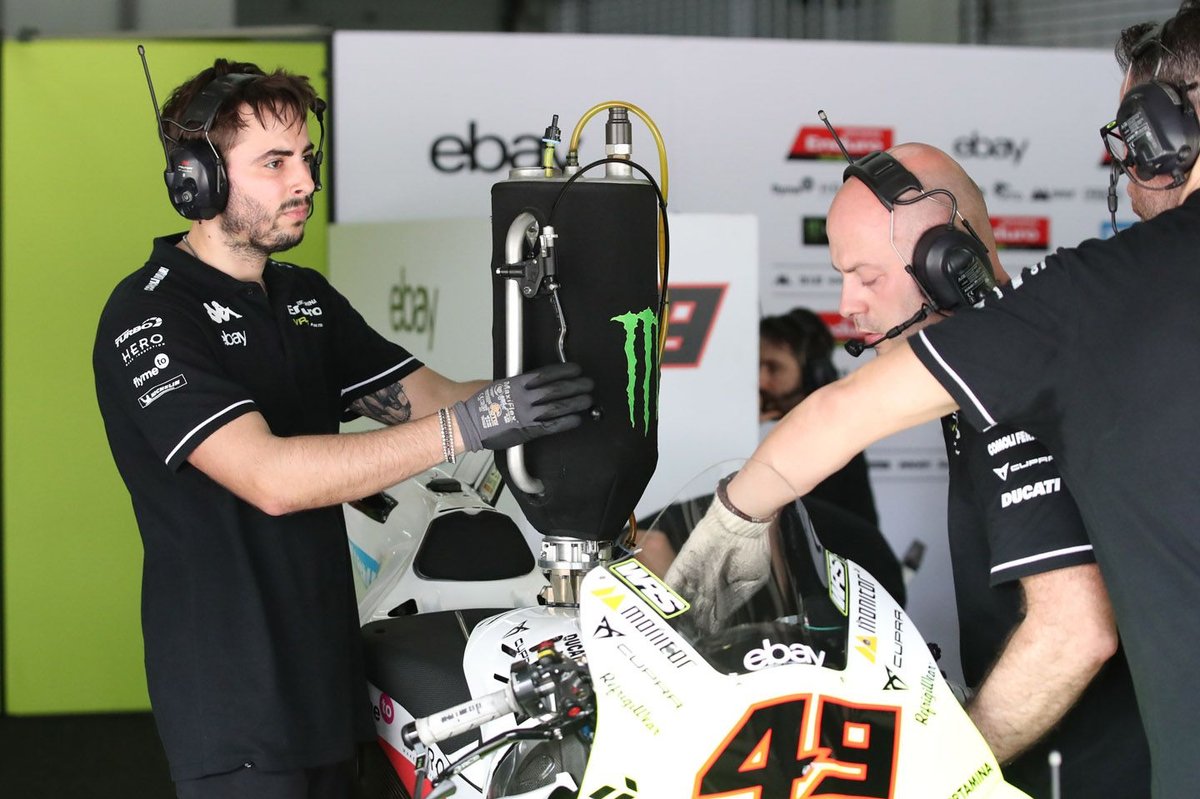
MotoGP Makes History with Sustainable Fuels
As the 2024 MotoGP Qatar Grand Prix came to a close, a new chapter in motorsport history was written. For the first time ever, the entire grid completed the race using fuels of part-non-fossil origin. This milestone moment, coinciding with MotoGP’s 75th anniversary, marks a significant step towards a more sustainable future for the sport.
The world is facing a crisis as global warming reaches a critical point. This poses an ethical question for motorsport – how can it continue to thrive while also being mindful of its impact on the environment? Corrado Cecchinelli, director of technology at Dorna Sports, MotoGP’s commercial rights holder, acknowledges that not holding events at all would have the greatest impact on reducing carbon footprint. However, this is not a feasible option in a capitalist society where bills must be paid.
But removing motorsport from the equation would not solve the problem. With over 1.5 billion vehicles in use worldwide, the impact of a few racing events not taking place on weekends is minimal. Instead, motorsport has a crucial role to play in promoting a greener world. Formula 1 has already committed to using 100% sustainable fuels by 2026, and MotoGP is following suit with a target of 2027.
Currently, MotoGP is racing with fuels of 40% non-fossil origin, a significant increase from just a few years ago. This shift towards sustainable fuels was first discussed three years ago, as the motoring industry focused more on hybrid and electric power. However, these options were not practical for two-wheeled racing. The demands of car and motorcycle manufacturers are different, and the bike industry has always lagged behind in this realm. As a result, the move towards sustainable fuels was a more viable option.
MotoGP’s pioneering efforts in this area come with a delicate balance. It must move in a direction that benefits the manufacturers involved while also providing a product worth investing in. This was evident in the move to a standard ECU in 2016, which was initially met with resistance but ultimately resulted in a closer field and the removal of a significant entry barrier.
For fans, sustainability may be seen as a dirty word, but times are changing, and motorsport must adapt. The move to sustainable fuels will not have any noticeable impact on the racing itself, as lap records were already being broken in pre-season testing. This is a testament to MotoGP’s commitment to being kinder to the environment while still providing top-level racing.
The shift to 100% non-fossil origin fuels in 2027 will coincide with a major technical regulation shake-up, including a proposed downsizing of engines. This move has been generally well-received by manufacturers, and the next few years will be spent ironing out any kinks in the new fuel regulations.
In addition to MotoGP, its feeder categories Moto2 and Moto3 are also moving towards sustainable fuels, provided by Malaysian oil giant Petronas. This not only has a practical application for the sport but also invites other fuel companies to invest in MotoGP.
While it may seem like a small change, the use of sustainable fuels is a step towards safeguarding MotoGP’s future and making a difference in the wider world. The sport has also implemented other sustainability initiatives, such as making the paddock paperless and reducing single-use plastics. These may seem like small steps,





